The hope of ending the six-month-old strike by the Academic Staff Union of Universities (ASUU) has been dashed as the union’s National Executive Council (NEC) met on Sunday and resolved to continue the industrial action.
In a statement signed by ASUU President, Prof Emmanuel Osodeke, released on Monday, the union confirmed that its NEC had resolved to embark on an indefinite strike starting from Monday 29th August, 2022.
The union cited government’s insincerity and lack of commitment to fulfill the agreement it reached the union in the past for better funding of public university in Nigeria.
“In view of the foregoing, and following extensive deliberations on Government’s response to the resolution of 14th February, 2022 so far, NEC concluded that the demands of the Union had not been satisfactorily addressed. Consequently, NEC resolved to transmute the roll-over strike to a comprehensive, total and indefinite strike action beginning from 12.00 a.m. on Monday, 29h August, 2022,” part of the statement read.
The union started its strike on February 14, 2022, in protest against government’s failure to release the revitalisation funds for public universities, refusal to allow the use of the University Transparency Accountability System (UTAS) for payment of salaries and allowances and failure to produce the white paper report on the visitation panel to universities.
The ASUU statement titled ‘ASUU Strikes Are to Save Public Universities’, stated that the government had on several occasions reneged on their agreements.
It regretted that “the union had experienced a lot of deceit of the highest level in the last five years, as the Federal Government engaged ASUU in fruitless and unending negotiation without a display of utmost fidelity.”
“In 2017, the Federal Government constituted a committee to renegotiate the 2009 FGN-ASUU Agreement under the chairmanship of Dr. Wale Babalakin. After three years of fruitless negotiation, Dr. Babalakin was replaced in December 2020 with Professor Emeritus Munzali Jibril.
“The renegotiation Committee produced and submitted a draft agreement to government in May, 2021. It is sad that, until 14th February, 2022 when the ongoing strike commenced, the Federal Government made no significant effort to either sign the agreement or commence implementation.”
It added that it was only after the current strike began on February 14, that the government constituted the Professor Nimi Briggs’ committee which had meetings with the union to renegotiate its demands.
The ASUU NEC recalled that prior to their meeting with the Briggs’committee, it confirmed to the union in writing that it was consulting with all relevant stakeholders in order to aggregate government’s position/offer regarding their demands. It noted that after intensive bargaining, the union came to a compromise with the Briggs’ committee “leading to the submission of the second Draft Agreement to the Federal Government in June, 2022 for consideration and approval for signing by the two parties within one week.”
The union berated the attitude of the Minister of Labour and Productivity, Dr Chris Ngige and the Minister of State, Festus Keyamo who it said lied against the union by alleging that they chased away government representatives and proposed an unimplementable salary package for its members, and claimed that government would have to borrow N1.6 trillion to implement it “a claim that is not only malicious but contrived to blackmail the Union,” it stated.
It further noted that the government subsequently came up with a “miserable” offer of between N30,000 and N60,000 as monthly salary for the lecturers. “This was obviously an attempt to abrogate the principle of collective bargaining which has guided ASUU engagements with Federal Government since 1981.”
ASUU also expressed disappointment on the attitude of the Minister of Education, Adamu Adamu in the negotiation process to resolve the impasse, accusing him of distorting facts about their agitation to win public goodwill against the union.
“NEC was utterly disappointed in agents of Government, especially the Minister of Education, for the deliberate falsehood and misrepresentation of facts aimed at scoring cheap political gains.
“It is disheartening to imagine that a Minister whose responsibility it is to resolve the crisis can overnight turn round to lead in this ignoble enterprise of distorting facts and misleading Nigerians.”
It added that the Education Minister had deliberately misinformed the public and reduced the current struggle of ASUU to the payment of withheld salaries, claiming that all other contentious issues had been resolved.
“For the avoidance of doubt, however, none of the issues that forced our Union to resume the Suspended strike as listed in the December 2020 FGN-ASUU Memorandum of Action (MoA) has been satisfactorily addressed by the Government to date.
“The draft renegotiated FGN-ASUU Agreement (second draft) remain unsigned: the University Transparency and Accountability Solution (UTAS) has not been adopted and deployed to replace the discredited Integrated Payroll and Personnel Information System (lPPIS); and the White Papers on Visitation Panels to Federal Universities, if ready as claimed by Government more than six months ago, are nowhere to be found.
“Similarly, Government has not delivered on the promised balance of one tranche of the Revitalization Fund more than one year after, the outstanding two tranches of the Earned Academic Allowances (EAA) have not been released; and nothing has since happened on the promised support for amendment to the Law of the National Universities Commission (NUC) to stem the tide of proliferation of universities especially by the State Governments.”
The union expressed delight in the action of the Nimi Briggs’committee for publishing in the media debunking the claim by Ngige and Keyamo that N1.6 trillion was needed to settle the agreement, and for also comfirming that all proposals and recommendations it made to ASUU were properly discussed and cleared with the government, and that all the relevant government agencies, including National Salaries, incomes and wages commission, Budget and Finance and Federal Character Commission (FCC), were in attendance.
ASSU also expressed displeasure at the attitude of some Vice-Chancellors and Chairpersons of Governing Councils of State Universities who it said have resorted to “underhand tactics to undermine the current ASUU struggle in their various Universities,” noting that the struggles are to save Nigerian public universities irrespective of ownership – Federal or State.
“The Union views with all seriousness the fact that the sanctimonious behaviour of these university administrators and managers does not stop them from accessing yearly grants to the Tertiary Education Trust Fund (TETFund) which ASUU struggles of the 1980s and 1990s brought to life. Neither did their holier-than-thou attitude keep these invidious individuals from jumping into the next flight to come tor project defence each time ASUU struggles had translated into some handsome funds for the revitalization of their universities (hostels, laboratories, workshops, lecture theatres, etc.).”
The union resolved to use all legitimate means at its disposal to protect and defend the interests of their members in public universities who may be victimised on the account of the ongoing struggles.
ASUU empathized with students, their parents, as well as other stakeholders for keeping them out of school, noting that the members are also parents and understand the pain but all is being done to ensure a stable academic system in order to enable average Nigerian youth who can’t afford foreign or private universities have access to quality education in the public universities.
The union said it is open to any reasonable engagement that would lead to resolution of the dispute and calling off the strike.
Victor Ezeja is a passionate journalist with seven years of experience writing on economy, politics and energy. He holds a Master's degree in Mass Communication.

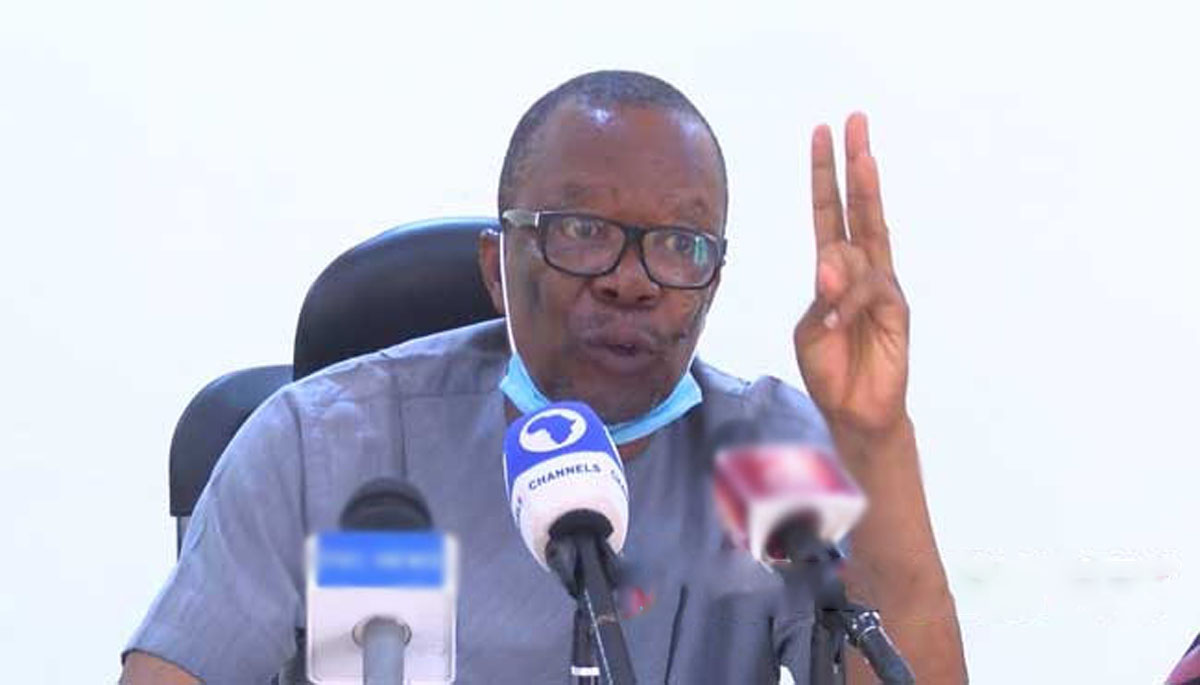

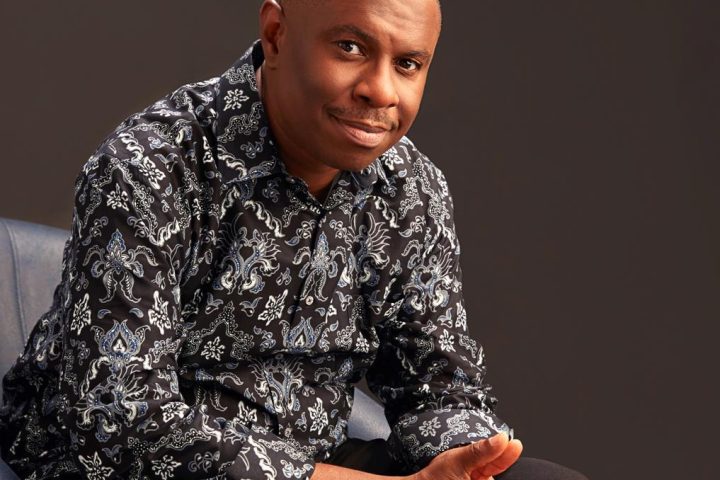
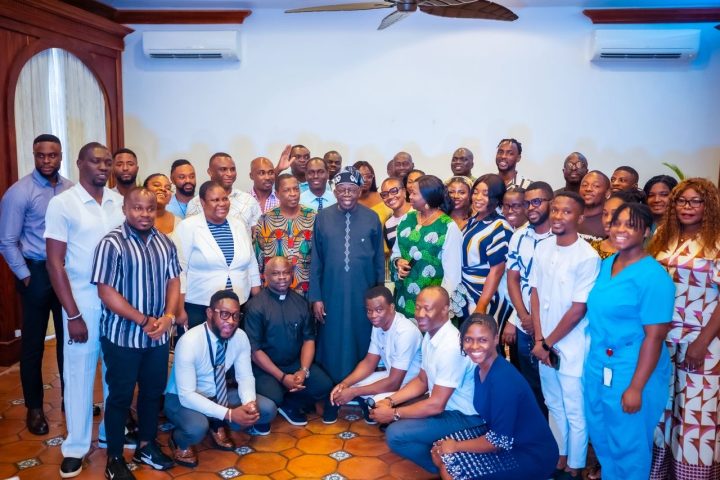
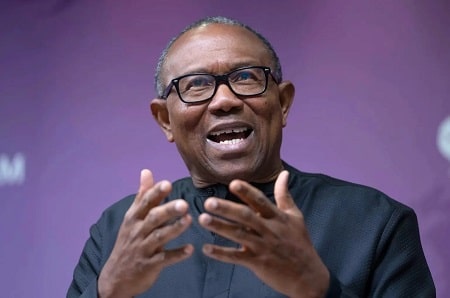









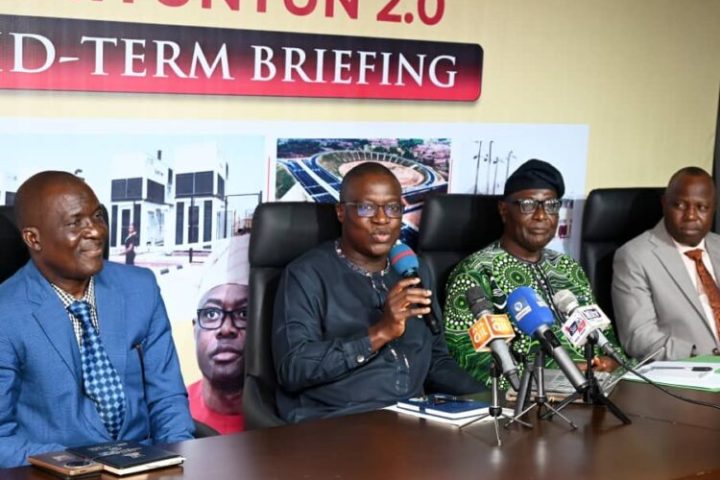
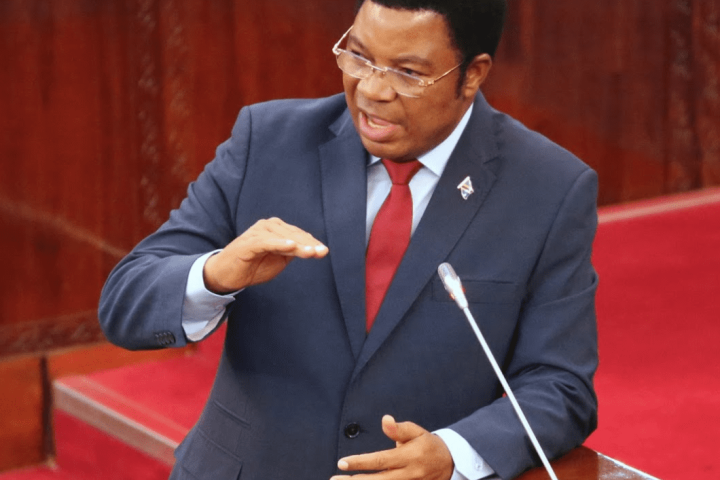

Follow Us